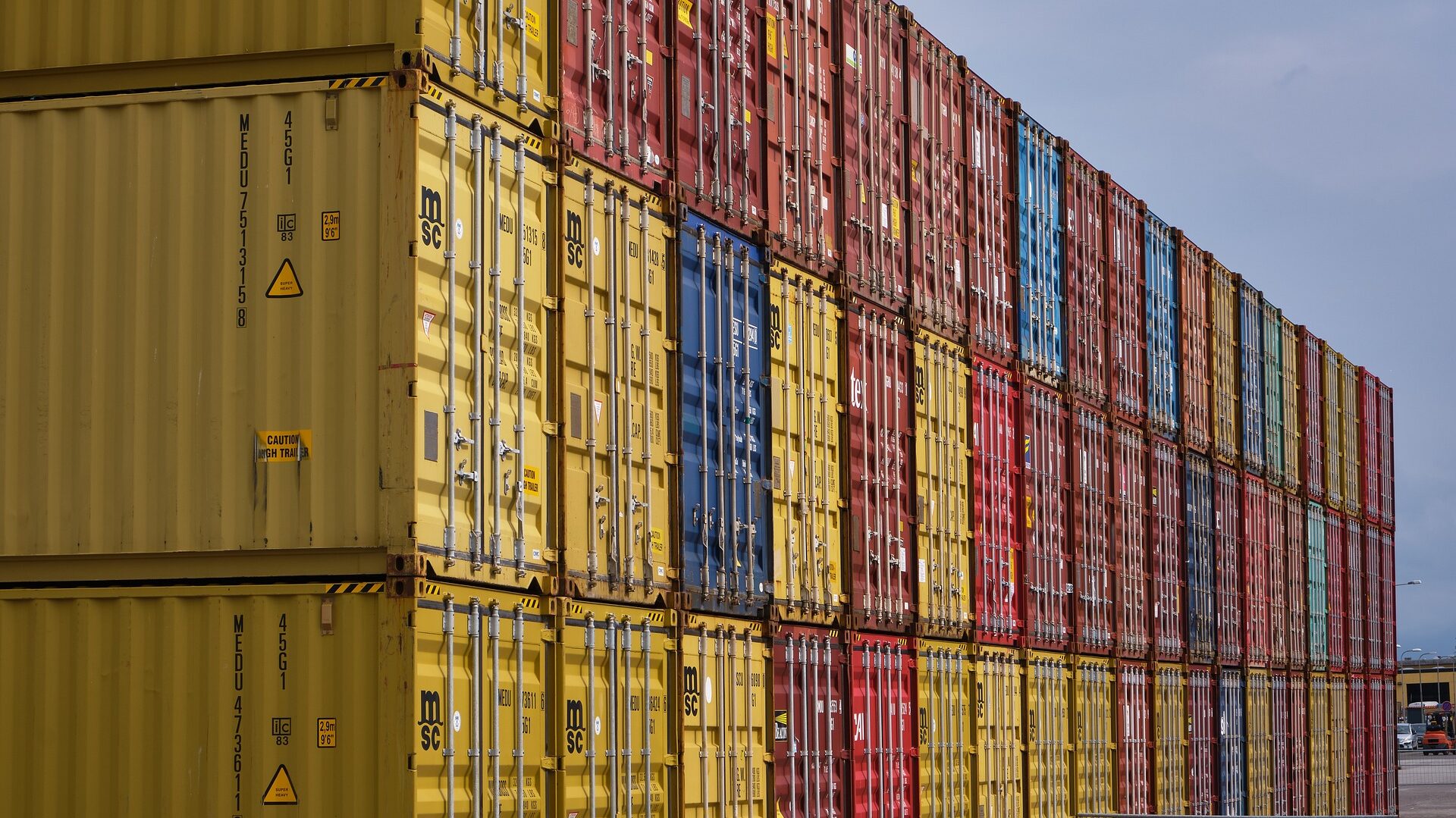Free Zones and Their Importance for Gulf Trade
Al-Ittihad, UAE, February 16
In view of the increasing significance of the Gulf Cooperation Council (GCC) countries in international relations, particularly in the realm of trade, many economies of large countries – such as the United Kingdom, China, India, Russia, Singapore, Brazil, Indonesia and South Korea – are all striving to put in place arrangements for establishing free trade zones with GCC states. Following Britain’s official announcement of its exit from the European Union, further statements from the other countries followed, with the most recent one being the Chinese Foreign Ministry spokesman expressing readiness to work with the GCC countries to ensure “mutual development.” This was preceded by statements from officials of countries such as India, Singapore and South Korea, with whom discussions are underway regarding free trade agreements. Despite the negotiations between the Gulf Cooperation Council and other countries and blocs having been going on for many years, they have yet to reach a free trade agreement, due in part to the parties attempting to involve non-commercial issues in the agreements, such as those the European Union is attempting to impose, which has led to the halting of negotiations for several years. The other reasons for the delay in implementing joint Gulf action are related to various aspects which still require solutions. The Financial Cooperation Committee and the Trade Cooperation Committee of the GCC states held a meeting at the end of last January, which revealed the divergence in technical opinions among the GCC countries, specifically around evaluating the free trade agreement with China. The disparity between the GCC countries and other nations has led to the conclusion of bilateral negotiations to sign free trade agreements, in an effort to take advantage of available opportunities and bolster trade positions. With international trade moving at such a rapid rate, the GCC countries must keep up with a similar speed. As such, the unified customs tariff (5%) serves as an essential foundation, facilitating the conclusion of such agreements. These agreements will result in a quantum leap for joint Gulf action and the position of the GCC states in international trade relations. Moreover, collective negotiations grant the GCC countries a stronger bargaining power, unlocking additional gains. It appears from the statement of the Financial and Commercial Cooperation Committee that the Gulf negotiating team does not possess the requisite authority to sign such agreements, which is a major setback, as agreements of a professional nature necessitate considerable expertise to preclude the possibility of obstacles. Experience has taught us that the technical teams of foreign countries come with full authority, granting them great negotiating flexibility without the need for recurring delays. All of this necessitates a prompt response to equip the Financial and Commercial Cooperation Committee with the authority to conclude free trade agreements with willing countries. The continual deferment of such agreements will only lead to further discrepancies in the trade relations of GCC states, which, in turn, will result in the further postponement of the implementation of the Gulf Customs Union, which has already been delayed more than once since 2003. In the case of signing bilateral agreements, it is difficult for the Gulf Customs Union to be established, due to the single point of entry for imported goods. While goods entering these countries that have free trade agreements will be exempt from customs duties, fees will be imposed on the same goods in the other Gulf countries. This is a major challenge that must be addressed through collective negotiations with other countries to set up free trade zones. These agreements have become increasingly important, as many countries and economic blocs have signed them in order to enhance the competitiveness of their exports. If the Gulf Customs Union fails to stay abreast of this development in international trade, it will miss out on valuable opportunities for the growth of trade and business. – Mohammed Al-Asoumi (translated by Asaf Zilberfarb)


